
An Outsized Contribution in Qatar
Dateline
In the global scientific effort to understand vaccine and natural immunity to SARS-CoV-2, Weill Cornell Medicine’s location in Qatar, a country of only a few million people, has been making an outsized contribution. A team led by Dr. Laith Abu-Raddad, professor of population health sciences, has been publishing one high-impact study after another, revealing real-world vaccine effectiveness against all the main variants of the virus — from alpha to omicron — as well as the significance of natural immunity due to prior infection. Their work has appeared in the New England Journal of Medicine, JAMA, Lancet and Nature Medicine, among others.
In a headline-making study last June, for example, the team evaluated the effectiveness of the Pfizer and Moderna mRNA vaccines during the first Omicron-variant wave in Qatar in the winter of 2021–22. The researchers found, as expected, that full vaccination and booster, plus a history of infection during an earlier wave, was associated with the greatest level of protection during the Omicron wave — about 75 percent. However, the results also underscored a growing concern in the public health community by showing that the original mRNA vaccines’ effectiveness in preventing symptomatic Omicron infection disappeared within six months. By contrast, earlier-wave infection was associated with significant protection from Omicron lasting over a year.
The WCM-Qatar team had run numerous influential epidemiology studies in the Middle East, on infectious and age-related diseases, in the years before the pandemic. When it became clear in early 2020 that SARS-CoV-2 was going global, the researchers sprang into action, working with Qatar’s Ministry of Public Health to forecast health care needs and craft policies.
One advantage of the Emirates’ compact size — Qatar is smaller than Connecticut — is that its health care and health records are highly centralized. The researchers, at the outset of the pandemic, crucially helped structure Qatar’s COVID-19 record-keeping system to make it easier for them to track the new virus’s spread and the effectiveness of vaccines.
“We ended up with comprehensive, centralized databases that include everything related to SARS-CoV-2 and COVID-19 — all testing, hospitalizations, and, later on, vaccinations,” said team member Dr. Hiam Chemaitelly, assistant professor of research in population health sciences.
It helped, too, that Qatar’s population had a rapid uptake of the vaccines when they became available. (The country by now has administered more than 7 million doses — more than two per resident).
By now, going on three years since the pandemic started, the team has produced dozens of COVID-19 studies using their countrywide, comprehensive health records database. And team members are not slowing down — they are currently studying the latest, highly contagious and vaccine-evading Omicron subvariants.
“The rapid waning of vaccine immunity and the rapid evolution of SARS-CoV-2 suggest that we will continue to have infection waves,” Dr. Abu-Raddad said. “So our work is far from over.”
Fall 2022 Front to Back
-
From the Dean
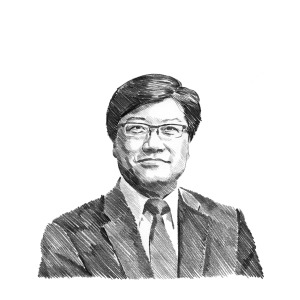
A Message from the Dean
As an academic medical center, our tripartite mission is what drives us forward: we thrive on providing world-class care to our patients, making groundbreaking discoveries that are changing the future of medicine, and teaching the health care leaders of tomorrow. -
Features
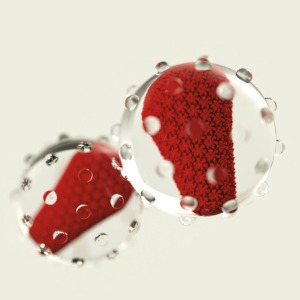
The Search for a Cure
Weill Cornell Medicine scientists aim to liberate those living with HIV by subduing the virus for good. -
Features
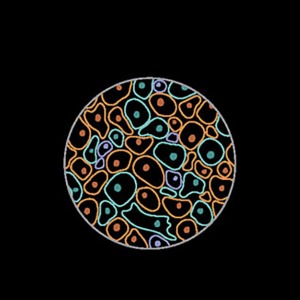
Evasive Action
Could interrupting the evolutionary process of mutating cells hold the key to vanquishing cancer? Researchers led by Dr. Dan Landau are on the case. -
Features

New Frame of Mind
Psychiatrist and neuroscientist Dr. Conor Liston (M.D. ’08, Ph.D.) and his team are poised to upend the way mental health disorders are diagnosed and treated. -
Notable
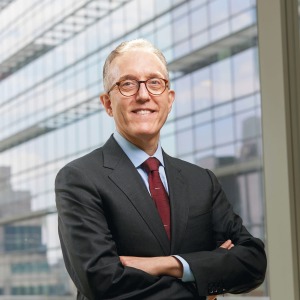
New Cancer Director
Internationally acclaimed medical oncologist Dr. Jedd Wolchok, whose innovations in immunotherapy revolutionized melanoma treatment, was recently recruited as the Meyer Director of the Sandra and Edward Meyer Cancer Center at Weill Cornell Medicine. -
Notable

3 Questions
Dr. Jay Varma, director of the new Center for Pandemic Prevention and Response, explains why an interdisciplinary approach is critical. -
Notable

Overheard
Weill Cornell Medicine faculty members are leading the conversation about important health issues across the country and around the world. -
Notable

Notable News Briefs
Faculty appointments, honors, awards and more — from around campus and beyond. -
Notable

Dateline
In the global scientific effort to understand vaccine and natural immunity to SARS-CoV-2, Weill Cornell Medicine’s location in Qatar, a country of only a few million people, has been making an outsized contribution. -
Grand Rounds
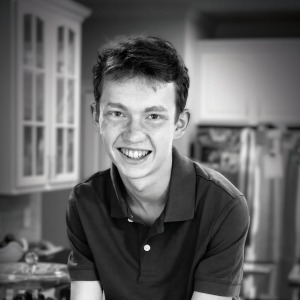
Chiari Malformation
When is Surgery Necessary? -
Grand Rounds

3 Questions
Dr. Susan Loeb-Zeitlin, who worked with a multidisciplinary team to launch the new Women’s Midlife Program, shares insights about making menopause manageable. -
Grand Rounds
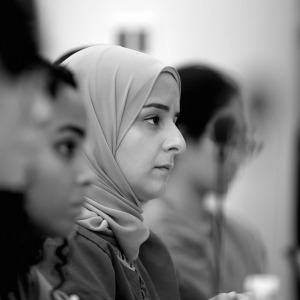
Social Impediments to Health
The murder of George Floyd and the resulting national reckoning on race, along with the disproportionate impact of COVID-19 on communities of color, galvanized creation of the Anti-Racism Curriculum Committee at Weill Cornell Medicine. -
Grand Rounds

Grand Rounds News Briefs
The latest on teaching, learning and patient-centered care. -
Discovery

COVID-19 and Diabetes
Basic science and clinical investigations converge to offer answers. -
Discovery
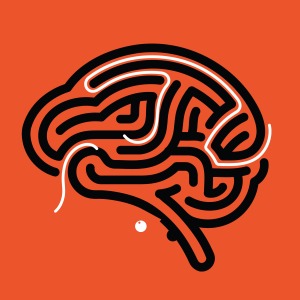
Development of Schizophrenia
Multiple changes in brain cells during the first month of embryonic development may contribute to schizophrenia later in life. -
Discovery
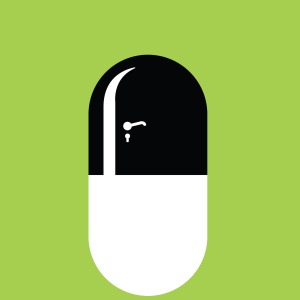
Findings
The latest advances in faculty research, published in the world’s leading journals. -
Alumni
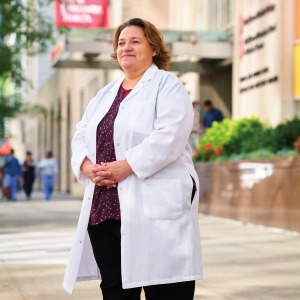
Profiles
From taking the lead in newborn medicine to forging critical connections to move research from the bench to the bedside, our alumni are making an impact. -
Alumni
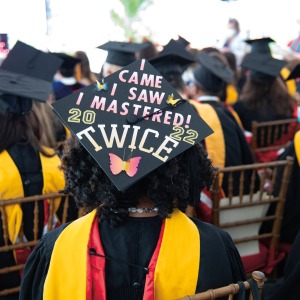
Notes
What’s new with you?
Keep your classmates up to date on all your latest achievements with an Alumni Note. -
Alumni

In Memoriam
Marking the passing of our faculty and alumni. -
Alumni
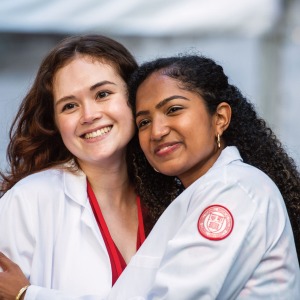
Moments
Marking celebratory events in the lives of our students, including Match Day, the White Coat Ceremony and Graduation. -
Second Opinion
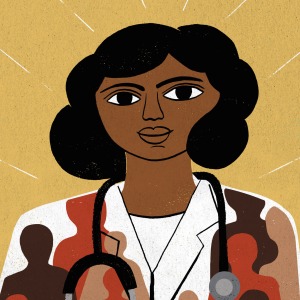
A New Lens
What’s one way that medical education must change to better address health inequities? -
Exchange
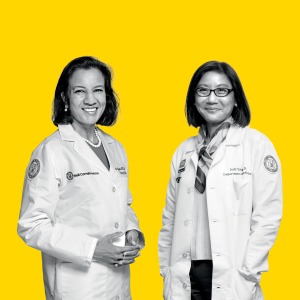
Pivot Points
Two women leaders at Weill Cornell Medicine whose professional paths have connected discuss the power of mentorship — for themselves and other women in academic medicine. -
Muse
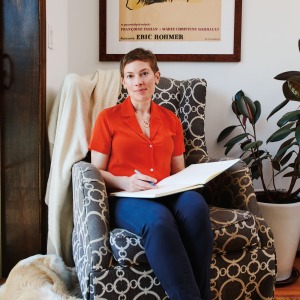
Two Forms of Truth
Dr. Laura Kolbe, whose poetry has garnered notable honors, talks candidly about how her writing helps her build a bridge to her work as a clinician. -
Spotlight

Building Connections
Dr. Kathleen Foley (M.D. ’69) has been bringing people together throughout her expansive career as a specialist in pain management and palliative care for cancer patients.
